
A Place to Call Home
Whether you need independent living or skilled nursing and memory care, the Masonic Homes provides a safe place to call home for our Masonic family.
Similar to masculine Masonry, feminine and mixed orders are founded on the teachings and
traditions of ancient Freemasonry. While each may function separately from their masculine counterpart, all seek a common goal to provide aid and relief to their communities and to seek solidarity and truth.
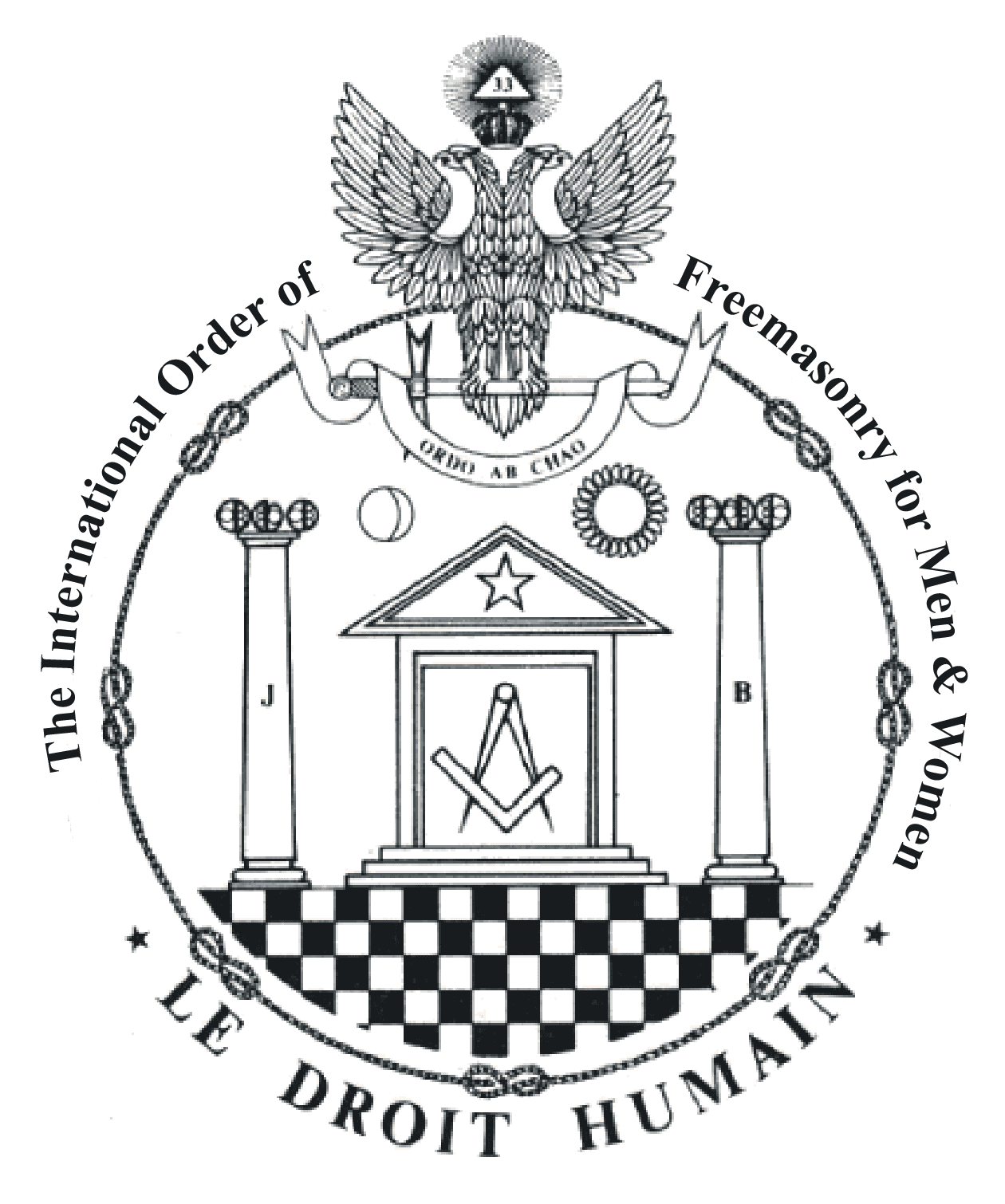
Mixed order
Translated to The Human Right in English, members of Le Droit Humain International search for truth and seek to promote the progress of individual worth, without the imposition of dogma, or requiring the abandonment of cultural or religious ideas.
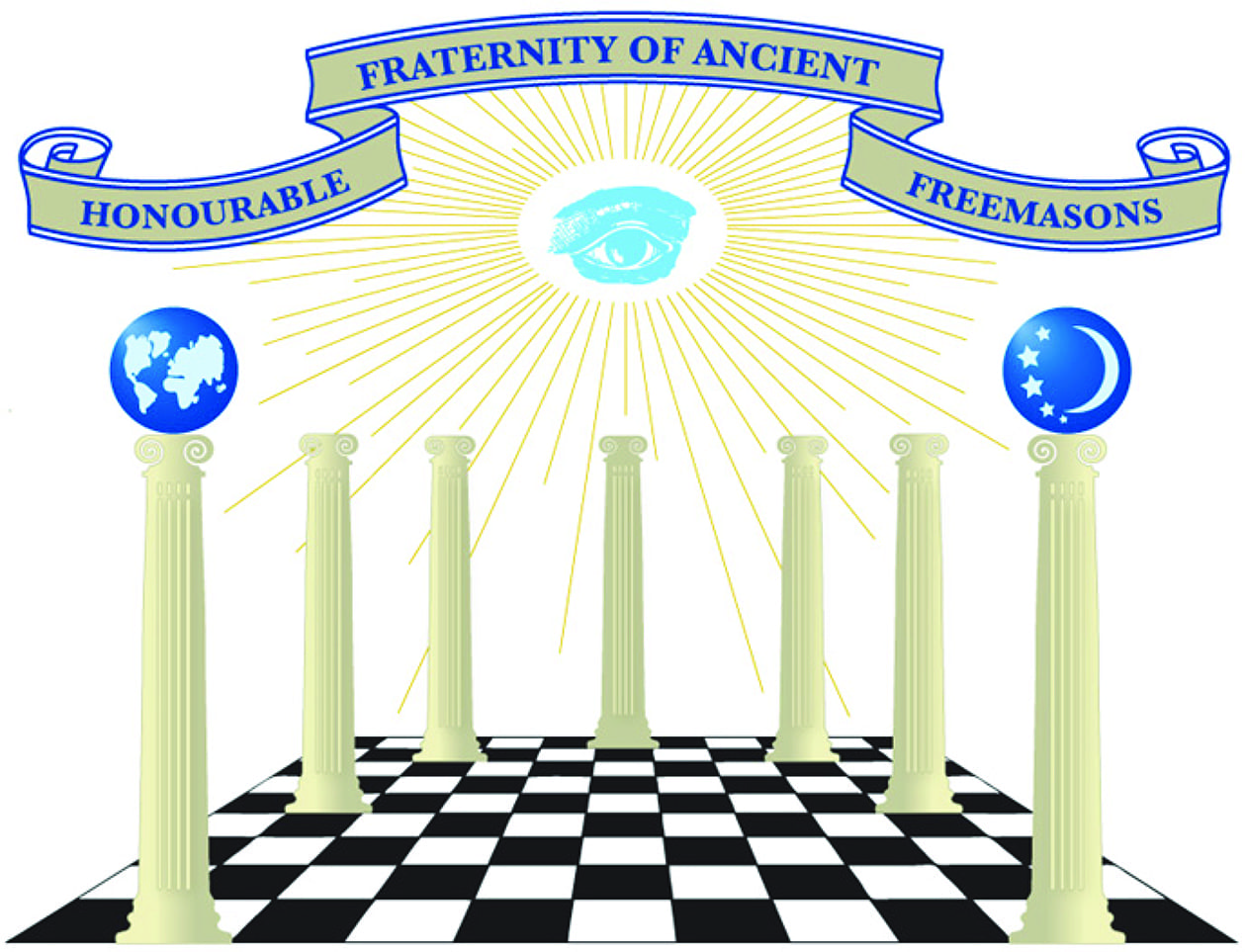
Feminine order
Based in London, the Honourable Fraternity of Ancient Freemasons seeks to promote friendship, inspiration, and empowerment in its members and provide aid and charity to their communities.
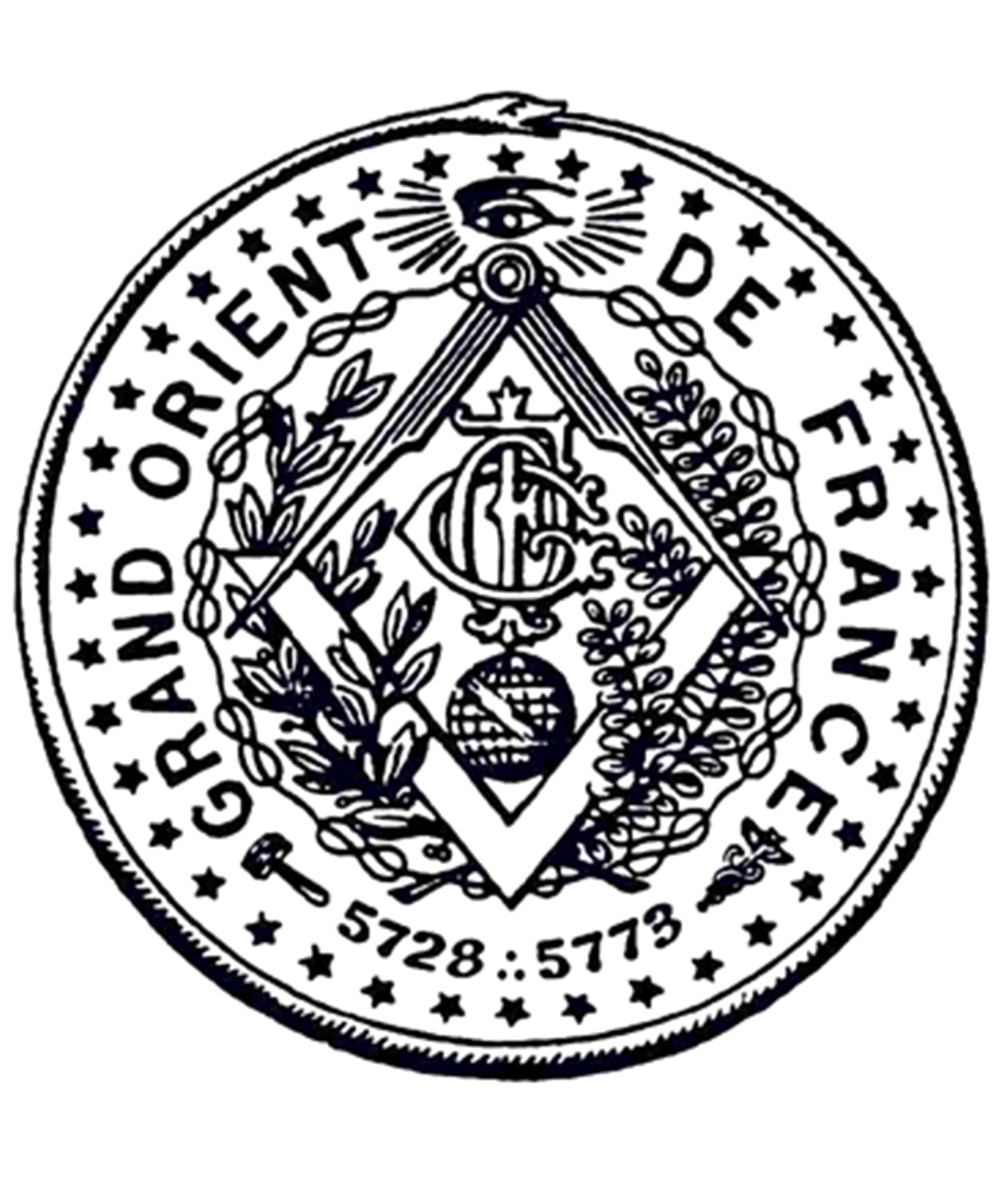
Mixed order
With over 50,000 members and 1,200 lodges, the Grand Orient of France permits masculine and mixed lodges
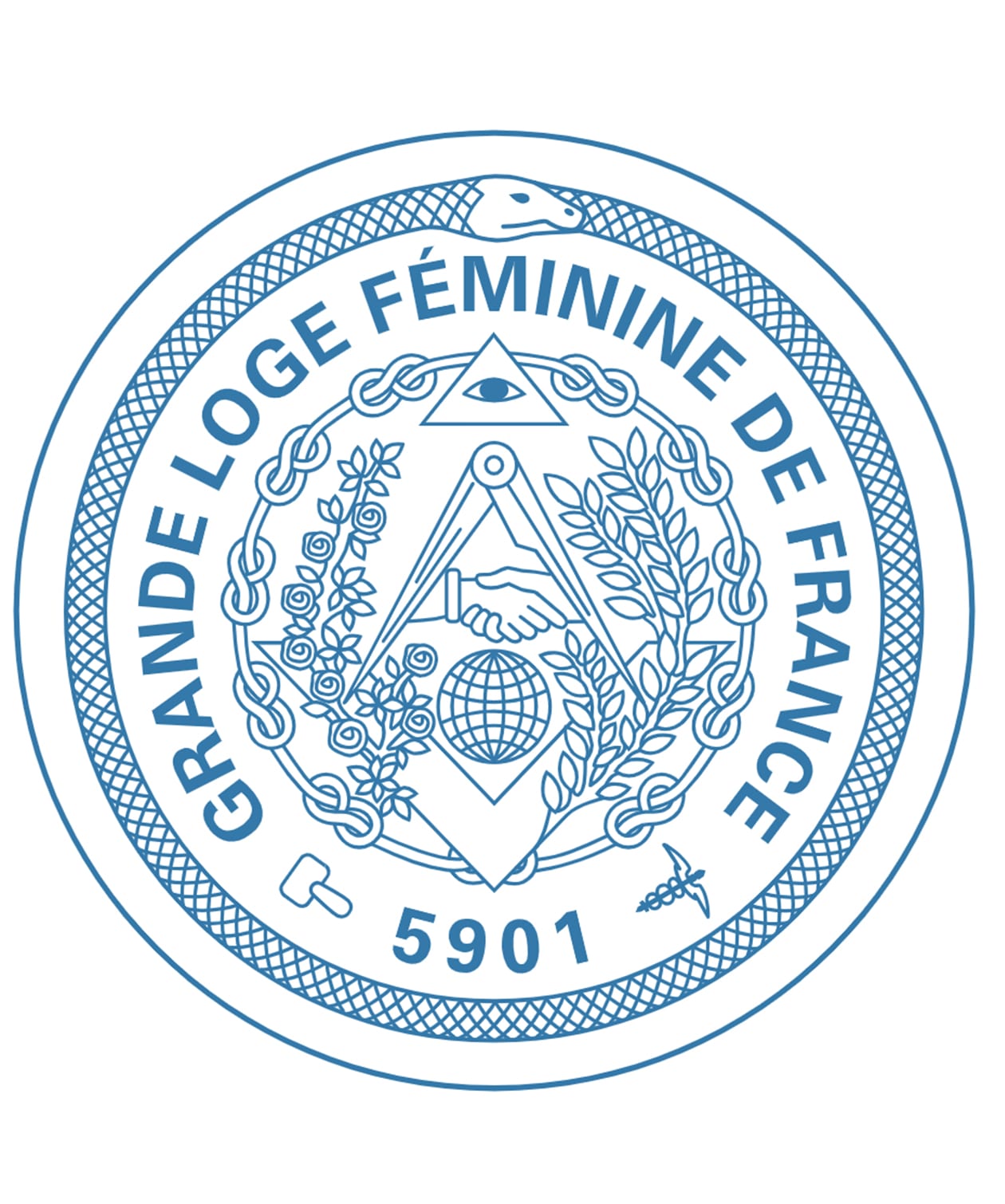
Feminine order
Faithful to the founding principles of universal Freemasonry, the mission of the Grande Loge Féminine de France is the constant and unlimited search for truth and justice, in order to contribute to the “perfection of humanity.”

WOMEN’S GRAND LODGE OF CALIFORNIA
Feminine order
The mission statement of the Women’s Grand Lodge of California is to foster personal growth and to serve and provide aid to their families, communities, and the world.
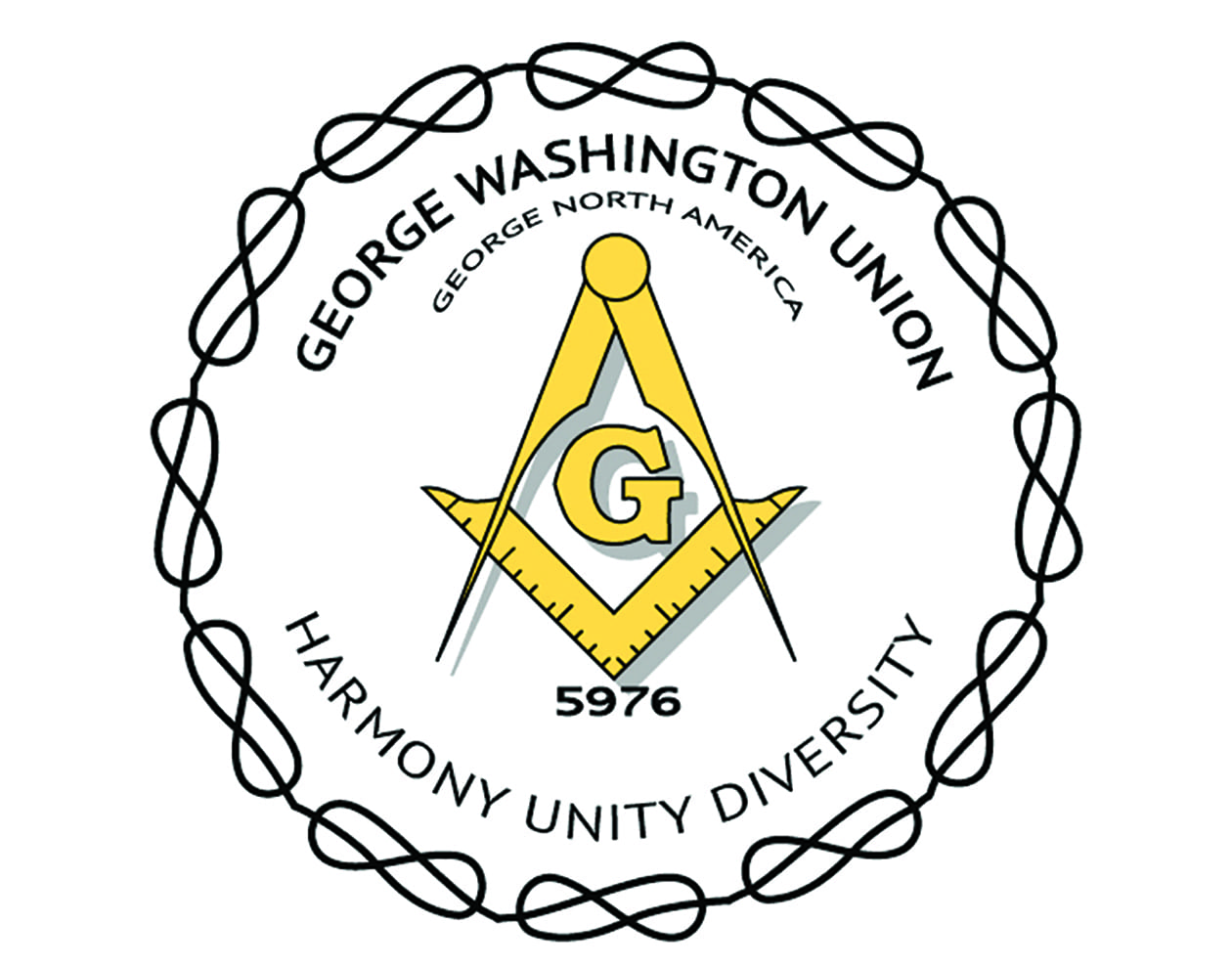
GEORGE WASHINGTON UNION GRAND LODGE
Mixed order
With lodges in North America, GWU was established from the Grand Orient of France in 2002. In conferring the degrees of Masonry, GWU requires two written papers from each candidate before advancement to a higher degree.
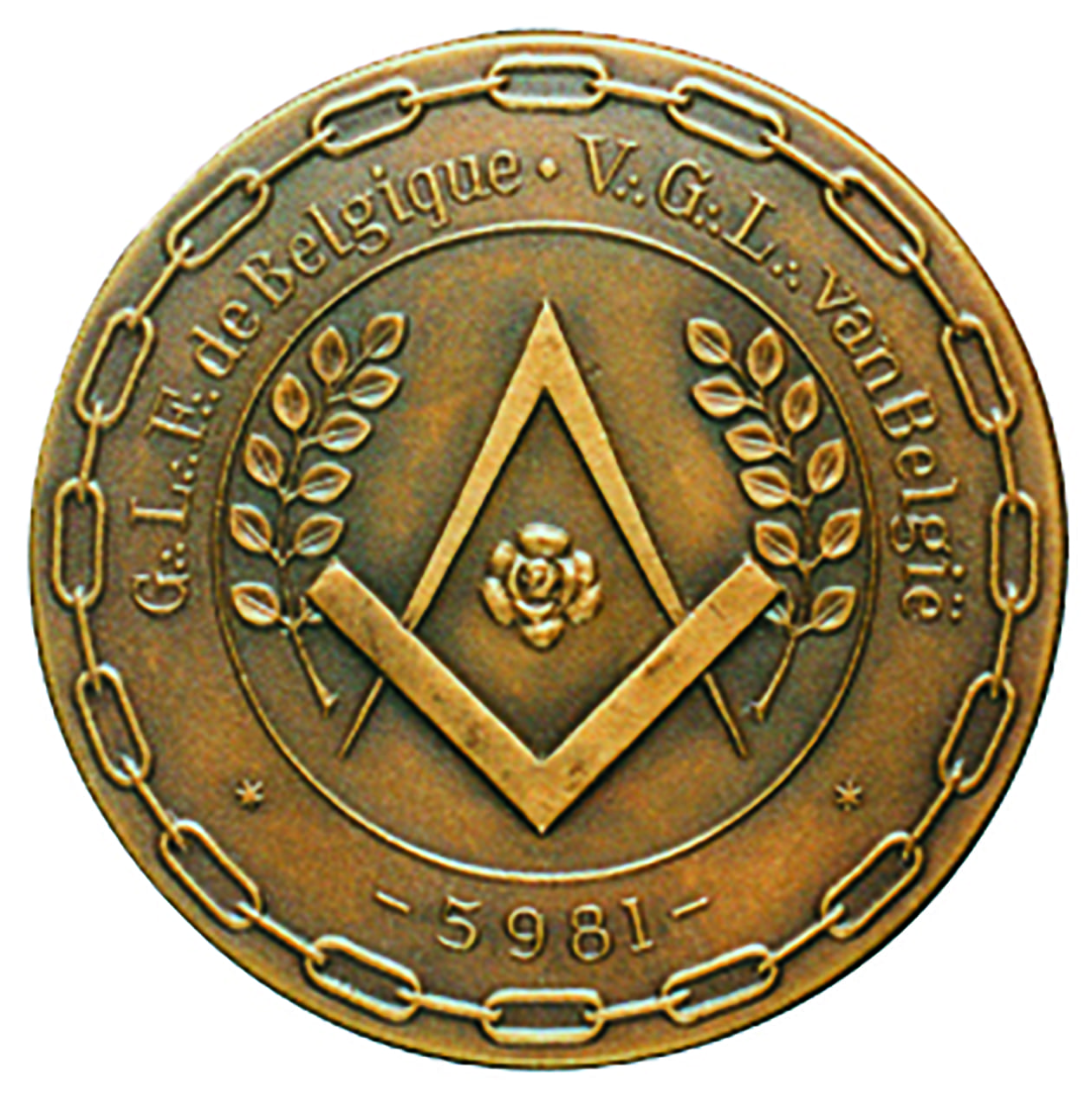
Feminine order
With 41 active lodges in Belgium, the Women’s Grand Lodge of Belgium reflects universal Freemasonry: a strong commitment to all human rights and a freedom of conscience, and a rejection of discriminations.

Whether you need independent living or skilled nursing and memory care, the Masonic Homes provides a safe place to call home for our Masonic family.

While the women’s movement offered women more political power, Eastern Star
broadened opportunities for women across the country.
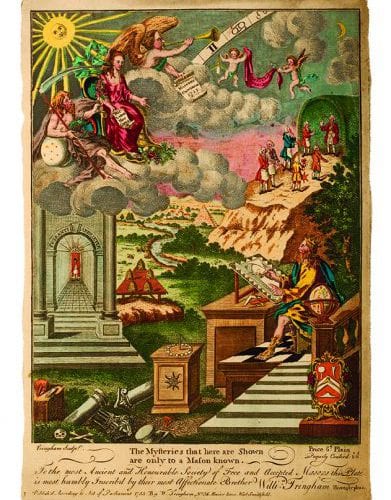
On aprons and teapots, in the first degrees and the virtues and lessons of Freemasonry, feminine symbols are threaded into the very fabric of Freemasonry.